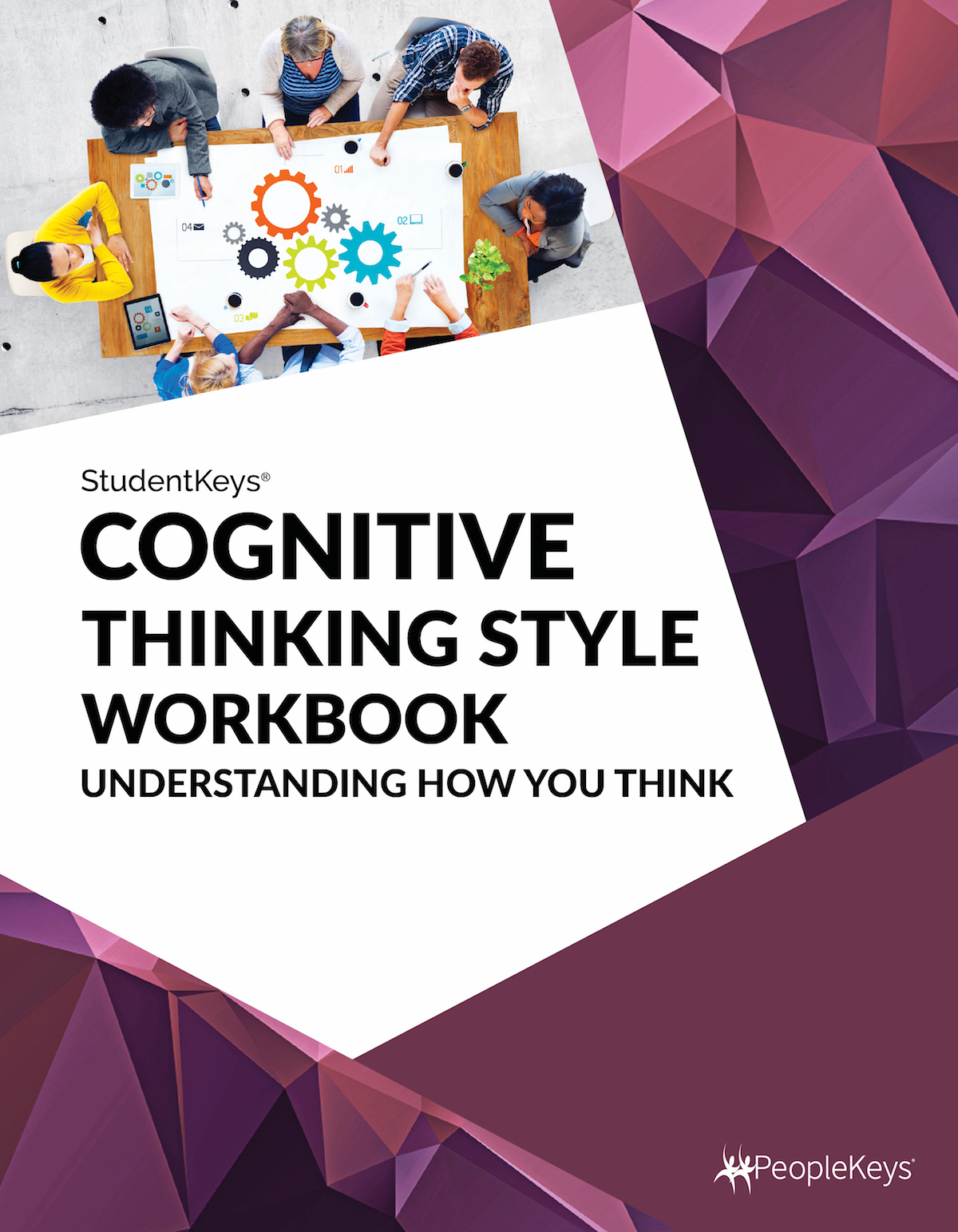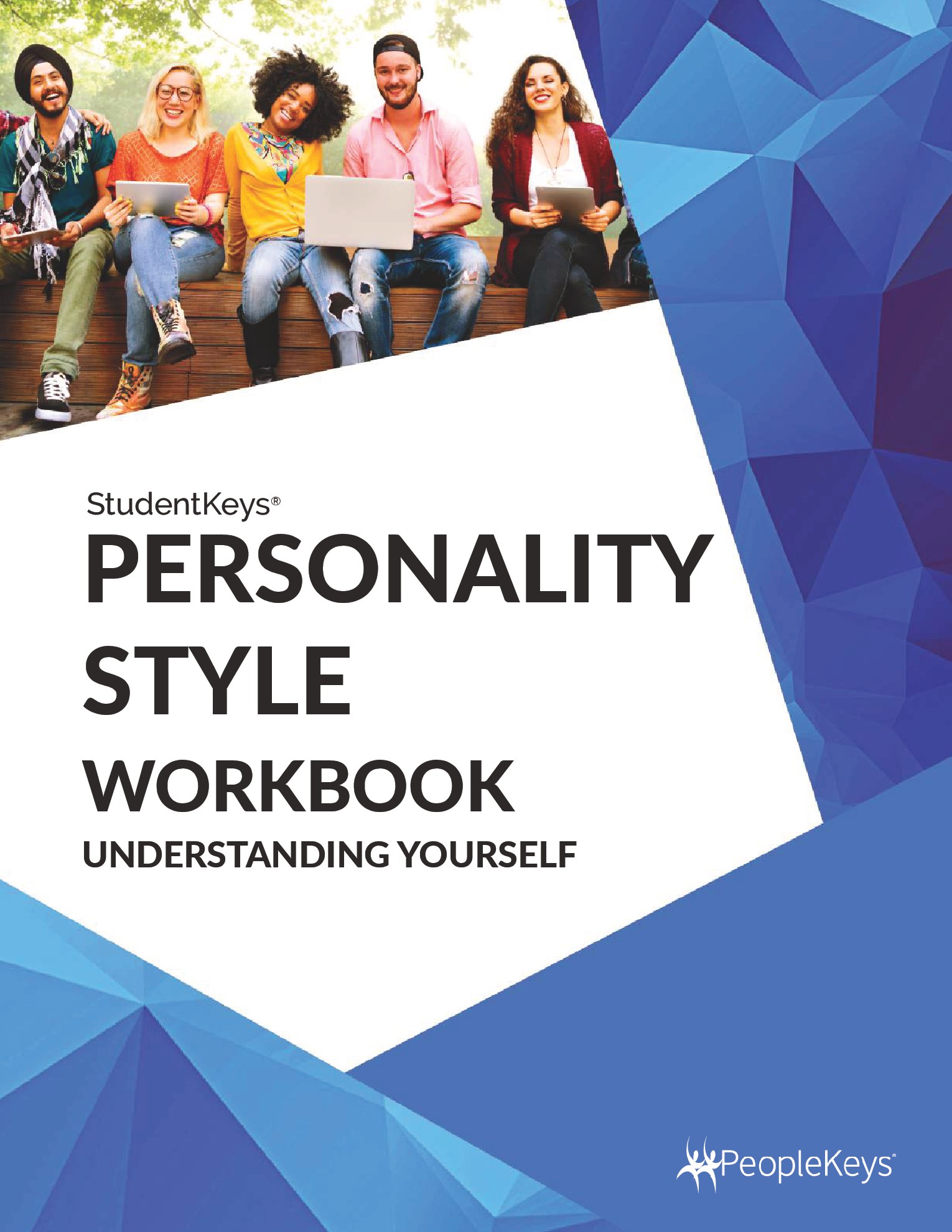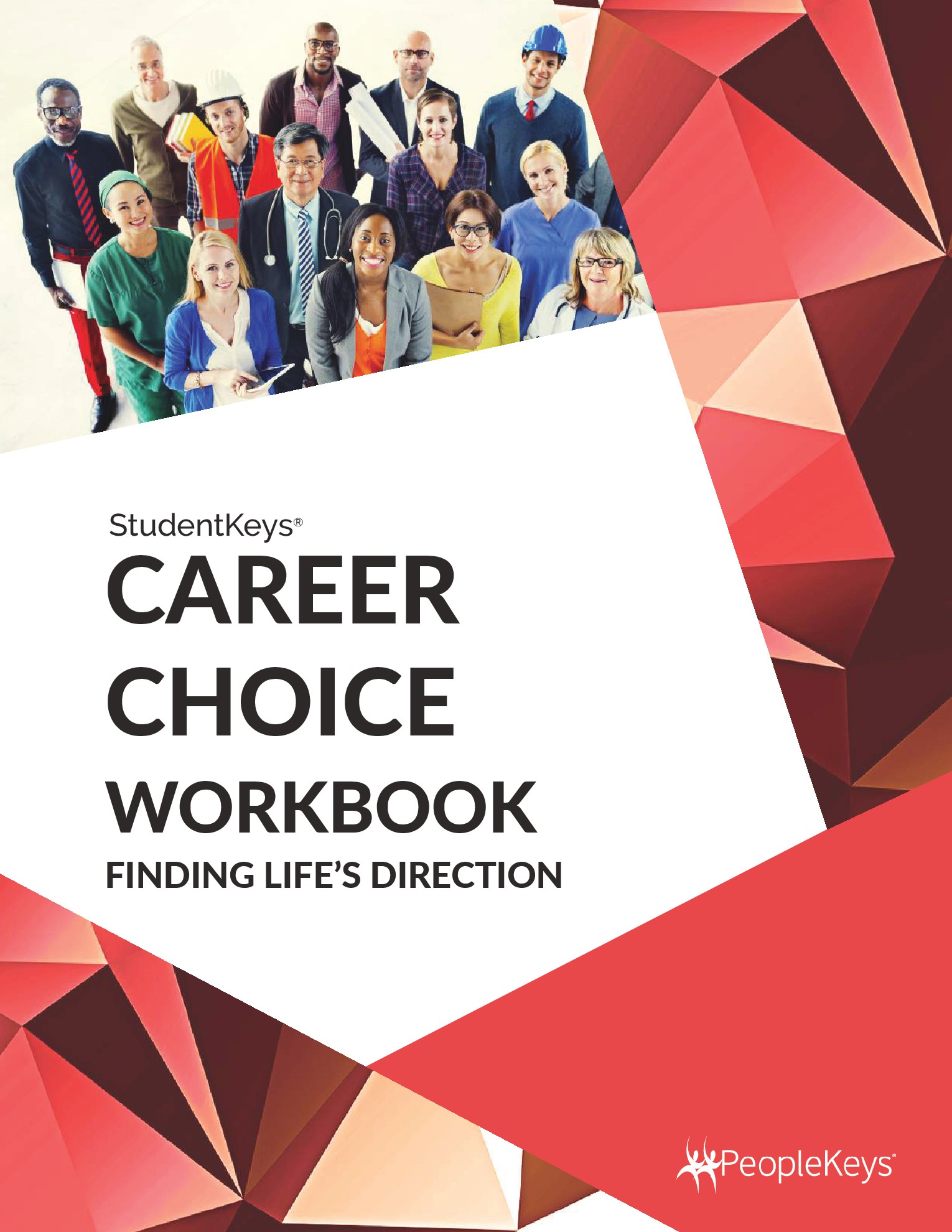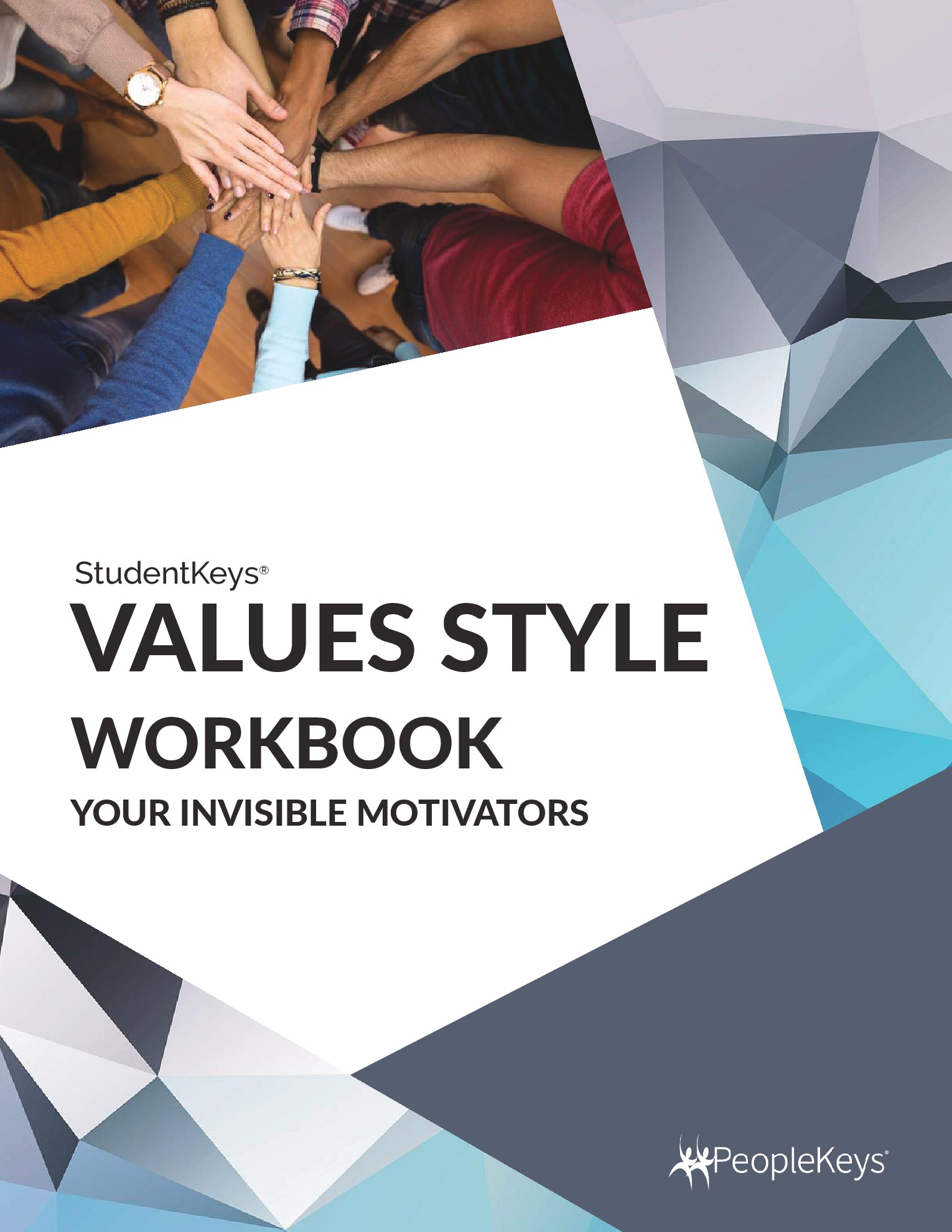Our Mission
The goal of this program is to help students flourish in college, career, and life by identifying and encouraging their natural personal strengths in several critical areas.
Identify
Motivate
Develop
Grow
DISC Assessments/Profiles classify four aspects of behavior by testing a person’s preferences in word associations (compare with Myers-Briggs Type Indicator (MBTI)). DISC is an acronym for:
What is DISC?
DISC is a quadrant based behavioral model based on the work of Dr. William Moulton Marston (1893–1947) to examine the behavior of individuals in their environment or within a specific situation. It therefore focuses on the styles and preferences of such behavior. In his work he defined the four behavioral styles as: Drive, Influence, Submission, and Caution (DISC).
DISC proponents believe that characteristics of behavior can be grouped into these four major “behavior styles” and they tend to exhibit specific characteristics common to that particular style. All individuals possess all four, but what differs from one to another is the extent of each.
Why Use Strengths
Many college campuses as well as corporations are embracing “strengths” as a concept to fuel “ownership” of individual and corporate success. The emphasis in many institutions today is to identify student and employee “strengths;” then give individuals opportunities to confirm their strengths through work or class endeavors. This innovative approach to empowering people is commonly called a “strength-based” approach.






